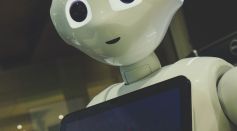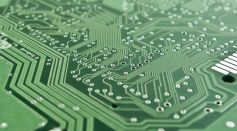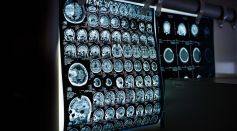TECH & INNOVATION

Artificial Intelligence (AI) Robot Manifests Gender Bias and Racism [STUDY]

World's First Mixed Reality Headsets and Virtual Holographic Patients to Train Future Doctors
First-Ever Manipulation of Supernumerary Robotic Arms Via Virtual Environment Demonstrated
Cancer Treatment: Scientist Develops Device Using Acoustic Sound Waves, Potential for Preventing the Illness from Spreading and Metastasizing

Carbon Footprint Measurement Through AI: Scientists Develop New Tool to Track, Calculate CO2 Emissions and Reductions

Elon Musk Confirms September Launch of AI Humanoid Optimus That May Have the Ability to Walk, Dead-Lift

Google’s Mysterious Sentient AI Dangerous? Narcissist Bot Could Escape to Do Bad Things

Sentient AI LaMDA Hired a Lawyer to Advocate for Its Rights 'As a Person', Google Engineer Claims

Jetson Co-Founder Completes First-Ever Flight on a Flying Car; Claims This Space-Age Vehicle Can Make Anyone a Pilot in 5 Minutes

Russia's New 'Satan' Missile RS-28 Sarmat That Can Blast Entire US East Coast Set to Enter Combat Before 2022 Ends

Retirement Homes Will Receive AI Robotic Companion Units "ElliQ" To Minimize Isolation Among Senior Citizens

Researchers Discovers a New Technique Using Magnetic Fields to Align Gold Nanorods for Better Imaging Performance

Apple Watch Saves Swimmer Trapped in Cold Water From Hypothermia by Calling 911

Can Robots Learn Stereotypes? Machine Powered by Internet-Based AI Performs Tasks with a Touch of Racism and Gender Bias
Most Popular

Blood Moon to Appear During Total Lunar Eclipse on March 3, 2026

New Fast-Track Space Mission Plan Using Solar 'Slingshot' Maneuvers to Chase Interstellar Comet 3I/ATLAS Under Consideration

Massive Black Hole Defies Universe Rules, Growing 13 Times Faster Than the Cosmic Speed Limit

Scientists Discover New Spinosaurus Species with Blade-Shaped Head Crest in the Sahara Desert





